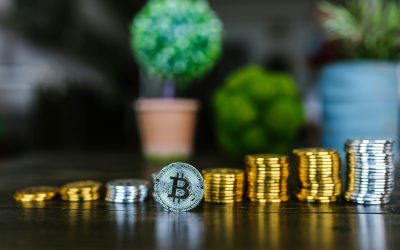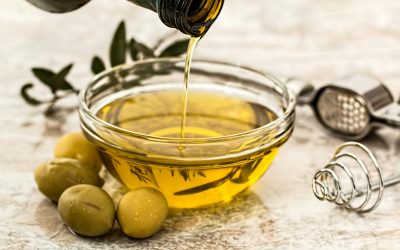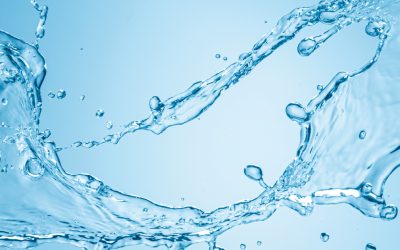The Food Industry and the Threats to Health and the Environment
In recent decades, agriculture has undergone drastic transformations. The massive use of pesticides, chemical fertilizers, and genetically modified seeds has led to intensive production, often at the expense of soil quality and food safety. Depleted soils, polluted groundwater, and biodiversity loss are just some of the consequences of a system that prioritizes quantity over quality.
And it’s not just about the environment: numerous studies have shown that chemical residues in conventional food can have negative effects on human health, increasing the risk of allergies, hormonal disorders, and chronic diseases.
The Point of No Return: What Will Happen If We Don’t Change?
If we fail to change course, the future could be dire. Entire populations risk losing access to clean water, crops will fail, and global food security will be at stake. The water crisis could trigger mass migrations, conflicts over resource control, and rising costs of essential goods. Every day without concrete action brings us closer to the point of no return.
What Happens if We Continue Down This Path?
If we don’t change our approach, the consequences could be devastating:
- Loss of soil fertility – Intensive farming depletes the soil, making it barren over time.
- Less nutritious food – Industrial crops often sacrifice nutritional quality for resistance and productivity.
- More pollution and climate change – Industrial agriculture is one of the leading contributors to greenhouse gas emissions and excessive resource consumption.
- Increased diet-related diseases – Consuming chemically treated food can have harmful long-term effects on our health.
How Can We Make a Difference?
Every choice we make at the table can contribute to a healthier and more sustainable food system. Here are some ways we can all help:
- Choose organic and local products – Supporting farmers who grow without pesticides encourages more responsible agriculture.
- Reduce consumption of industrial food – Prioritizing fresh and natural foods decreases the demand for highly processed, intensive products.
- Avoid food waste – Every year, tons of food go to waste. Buying only what we need helps reduce environmental impact.
- Support companies that respect the land – Investing in ethical agricultural businesses means making a choice for the planet’s future.
OurLand: A New Model for Sustainable Agriculture
To ensure healthy food and a cleaner environment, we must change the way we produce and consume food. OurLand is a project that protects agricultural land, promotes organic farming, and supports farmers committed to preserving biodiversity.
Land is selected for purchase based on 16 evaluation criteria — not just price per square meter. A key precondition for acquisition is identifying a local farmer or specialized organization (such as olive mills or contract farming companies for grain production) willing to carry out the cultivation in accordance with OurLand’s organic and natural principles. These principles are an integral part of every contract.
All purchase agreements also include a clause guaranteeing
Through a model based on blockchain technology and the XCPT token, OurLand enables investment in land and sustainable production, offering growth opportunities for both farmers and investors. Every contribution to our ecosystem is a step toward a healthier, more ethical, and prosperous future.
Change begins with what we put on our plates. Join us in building a fairer, more sustainable agriculture.



